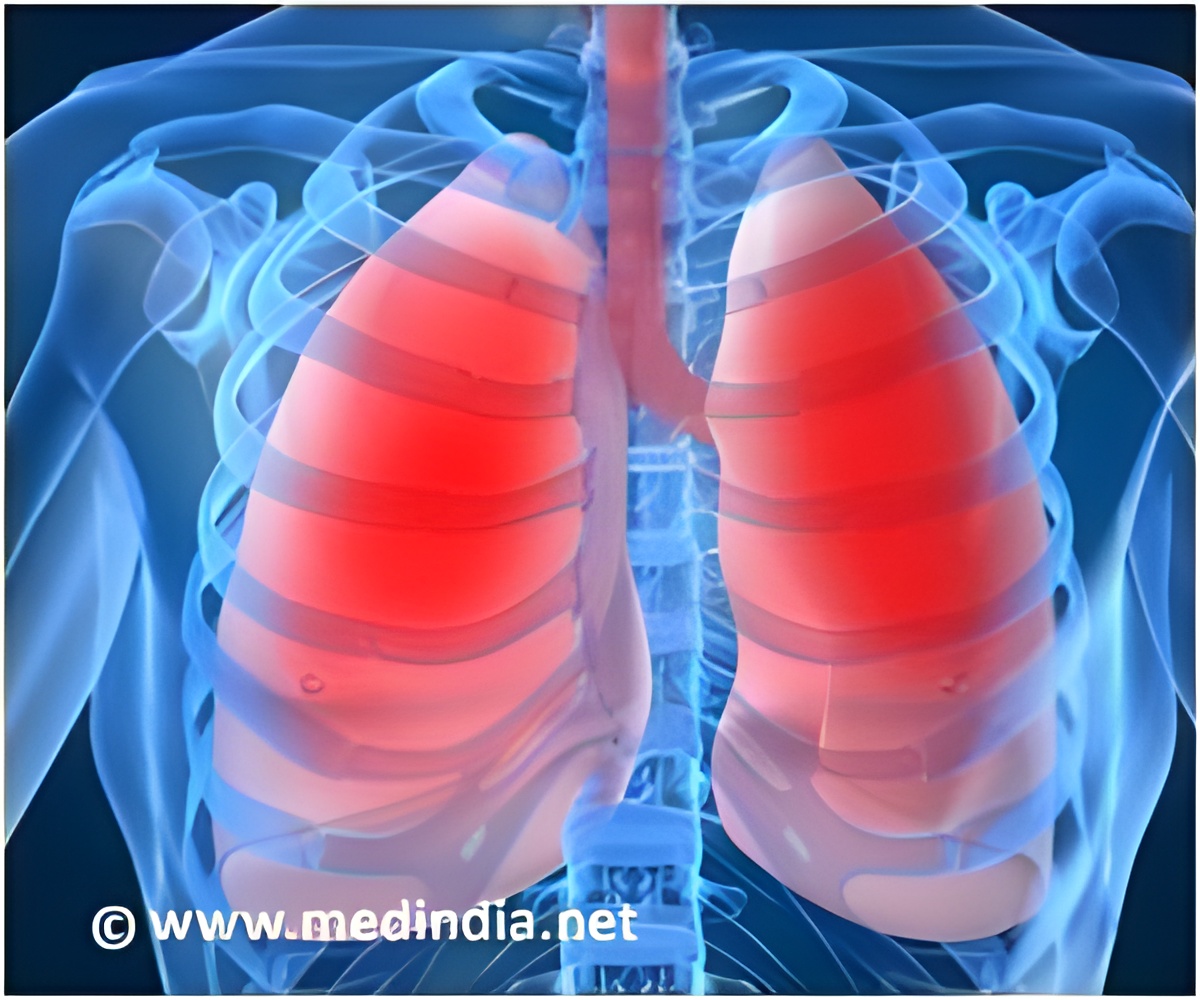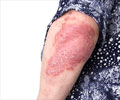
Already, more than 30 percent of newly-diagnosed patients in parts of eastern Europe and central Asia have multi-drug resistant (MDR) TB, a form of the disease which does not respond to the two most potent drugs -- isoniazid and rifampin.
There were believed to be about 630,000 MDR cases out of some 12 million TB cases in 2011.
Extensively drug resistant (XDR) TB, thus far reported in 84 countries, does not respond to an even wider range of drugs.
"The widespread emergence of XDR tuberculosis could lead to virtually untreatable tuberculosis," wrote the authors of one study, led by Alimuddin Zumla, director of the Centre for Infectious Diseases and International Health at University College London Medical School.
"With ease of international travel and increased rates of MDR tuberculosis... the threat and range of the spread of untreatable tuberculosis is very real," they said.
Advertisement
On its website, the UN agency says at least $1.6 billion (1.2 billion euros) is needed annually to prevent the spread of the disease.
Advertisement
"The global economic crisis and reduced investments in health services threaten national tuberculosis programmes and the gains made in global tuberculosis control," they wrote.
"The world needs to acknowledge the serious threat of drug-resistant tuberculosis before it overwhelms health systems."
Most needed are new drugs and better, quicker diagnostic tools.
In 2011, 8.7 million people fell ill with TB and 1.4 million died, said the WHO.
Over 95 percent of TB deaths occur in low- and middle-income countries, and it is among the top three causes of death for women aged 15 to 44.
In 2010, there were about 10 million orphans who had lost their parents to TB.
It is also a leading killer of people with HIV.
The death rate did drop by 41 percent between 1990 and 2011, according to the WHO, which says the world is on course to achieve the Millennium Development Goal of reversing the spread of TB by 2015.
"We have gained a lot of ground in TB, but it can easily be lost if we do not act now," WHO director general Margaret Chan said in a statement.
An airborne disease of the lungs, tuberculosis is usually treatable with a six-month course of antibiotics.
It is spread from person to person through the air and usually affects the lungs, but it can also affect other parts of the body such as the brain and kidneys.
Resistance to TB drugs develops when treatment fails to kill the bacteria that causes it -- either because the patient fails to follow their prescribed dosages or the drug doesn't work.
It can also be contracted through rare forms of the disease that are directly transmissible from person to person.
MDR TB in the United States can cost as much as $250,000 (200,000 euros) per patient to treat.
XDR TB requires about two years of treatment with even more expensive drugs that often cause side-effects and offer no guarantee of a cure.
Source-AFP















